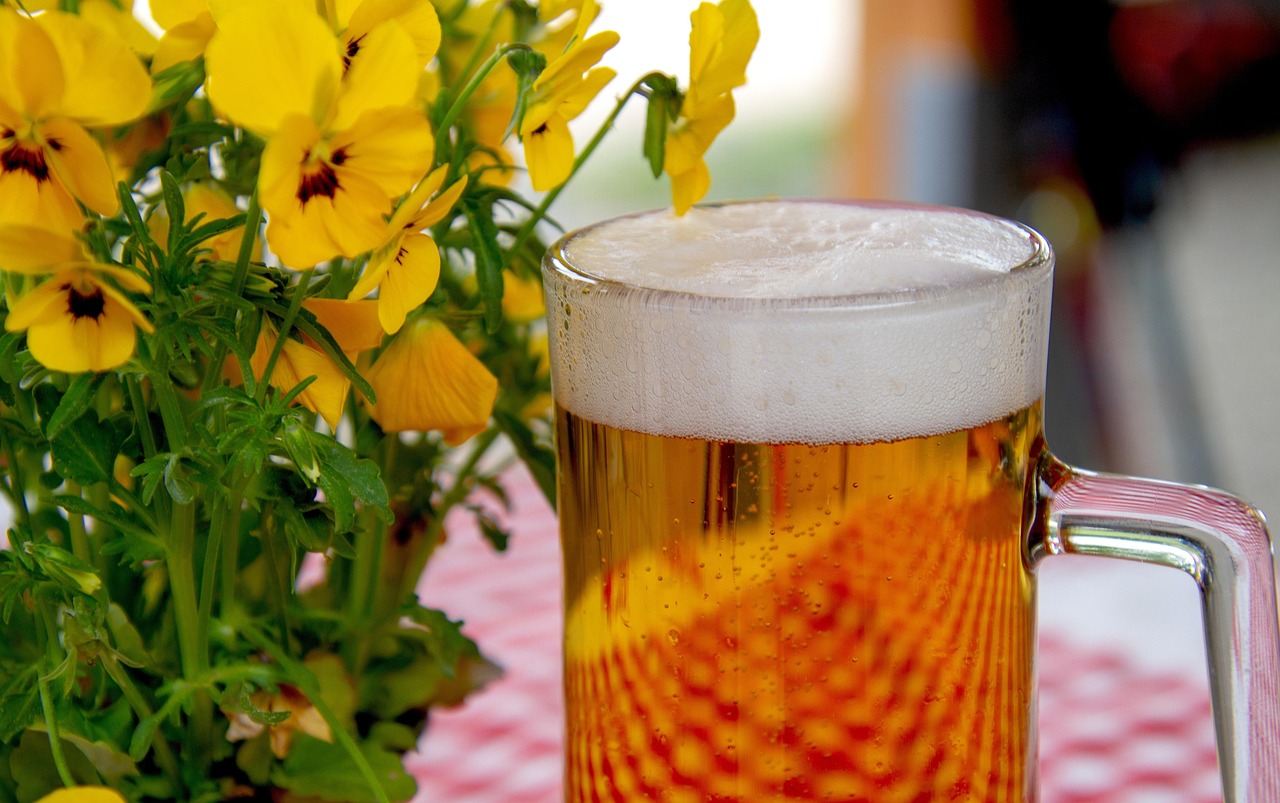 |
| Fun Irish Read with my favorite fairy snowglobe! |
If you’re a regular reader here at the Little Farm blog, you know I’m big on fairies—especially Irish fairies.
Irish mythology is chock full of magical beings, from banshees to pookas to leprechauns, but if you’re looking at unexplained mischief, malarkey, and even malfeasance, fairies are sure to be the cause!
I recently came across an enjoyable fairy-themed Irish novel, The Story Collector by Evie Woods.
Told in a dual timeline between the early 20th century and modern-day, it’s the story of an American researcher who comes to Ireland to do proper research on fairy lore, and the young Irish lass who helps him.
One hundred years later, a visitor to Ireland discovers the young girl’s journal of their fairy research!
Now, I’ve looked into plenty of Irish fairy lore myself, learning about the various fairy spells, kidnappings, and how to detect a changeling, for starters.
But I found a new kind of fairy magic in The Story Collector. Not to give any spoilers, but when a character gets into grave danger, a huge swarm of bees magically appears to the rescue!
In regular life, however, we all know a bee swarm is something to avoid. Even if it’s only a bunch of angry bees…again, you’ll want to keep your distance.
Our neighbor, who lives about 1/3 of a mile away, was keeping a couple of beehives. And we’ve been hearing about the bear sow and her two cubs who’ve taken up residence on our wooded lane.
 |
| The young bear who visited our place two summers ago |
Last month, a bear attacked our neighbor’s hives—we don’t know if it was the sow or other bears lurking around—but the hives were heavily damaged. When our neighbor went to tend to his hives, his bees attacked him. He was stung quite badly, and ended up calling 911.
Thankfully, he recovered fairly quickly, but it was a hard lesson about protecting your Foothills crops. Hives around here need to be inside an electric fence, no way around it.
If you enjoy wildlife tales, I’ve included more of our neighborhood critter news in “Where the Wild Things Are,” my June newsletter…I hope you’ll take a look!
















